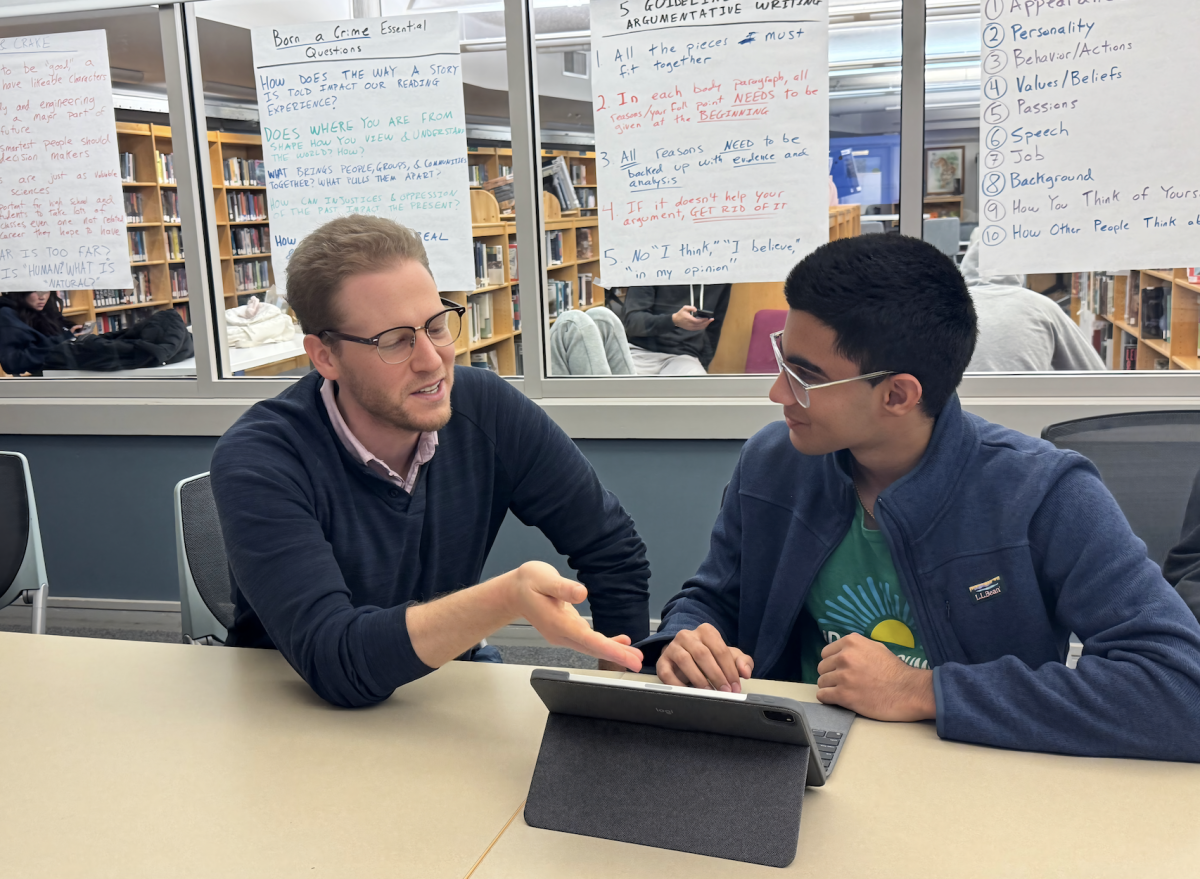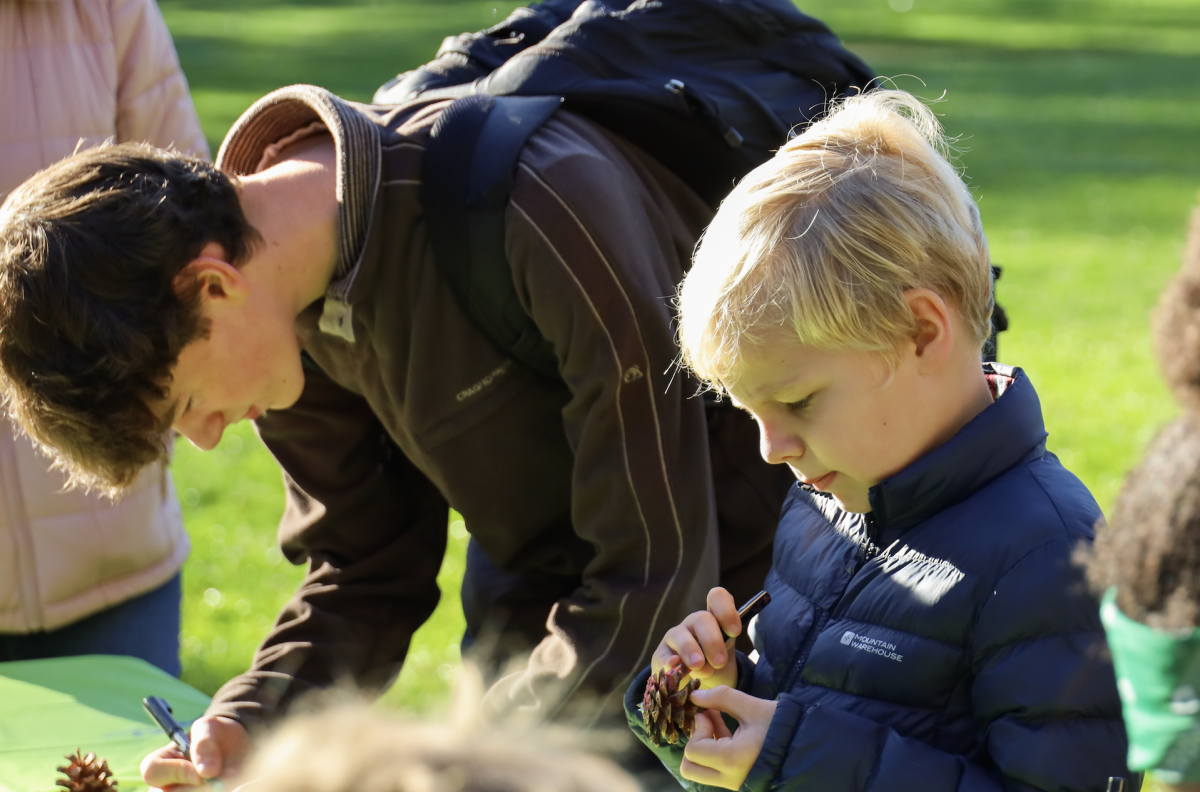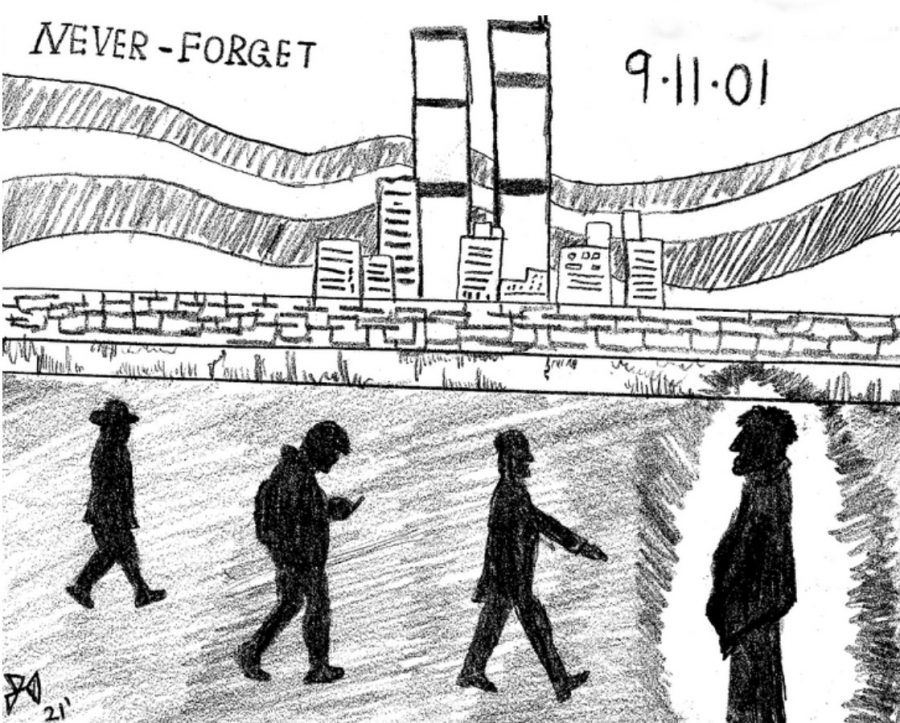Op-Ed: Why Are Young People Desensitized to 9/11?
For anyone born within the last 2 decades, we were not there for 9/11, and we do not share in that same national and personal trauma.
For the past few years, I have wanted to write a piece on my thoughts on possible reasons behind the general desensitization of young people around 9/11. Still, I’ve been going back and forth in my head if I felt comfortable putting this into words, but I feel that we have reached a certain minimum safe distance after one month.
Last September marked the twentieth anniversary of the New York City terrorist attacks on September 11, 2001. As in past years, this was an important time of remembrance for many Americans. We were even fortunate enough to have a member of the School community speak on her personal experience with the attacks and their aftermath.
However, many young people have felt a similar feeling around this time. It’s the sense of being unable to relate to the overwhelming sadness and reverence around the events of 20 years past. Put simply, young people are desensitized around 9/11.
Ultimately, I’m limited to the scope of my own experiences and those around me, but the prevailing sense around discussions of 9/11 is a vague sense of national grief, but not in a way that is particularly affecting. When I hear excellently told stories such as the one shared with us, I can appreciate the story-telling and emotion within the story, but that is the exception to the majority
All of this is not to mention the deluge of 9/11-based humor and memes that only grow more popular with each passing year, which by nature of most social media platforms are widely shared and seen by people who were born after or only just before 2001.
So why do all of these young people not hold the same taboos and serious tones around 9/11 that are the standard for the older members of their communities? I believe it is a matter of perspective.
For anyone born within the last two decades, we were not there for 9/11, and we do not share in that same national and personal trauma. But while 9/11 was one day, the 7,335 since then have all been 9/12.
While we weren’t there to witness the attack, young people were there to see the two decades of retaliation we have wrought against the world. As has been reported in countless places, the vicious harassment of people who even appeared to be of Muslim faith or Arabic descent was and often remains commonplace. When the United States started multiple decades-long wars, each and every day of them was in their own way 9/12.
But for those of us who lack the trauma of that day and have only seen the results of how 9/11 affected the American psyche, it seems almost impossible to justify the immense suffering we have inflicted in response.
In the War in Afghanistan over the course of the U.S.’s 20 years of occupation, the sum total of casualties was 47,245 thousand Afghan civilians, approximately 60,000 Afghan military and police forces, and thousands of more fighters both with and against the States. If we exclusively count civilians, U.S. forces knocked out one 9/11’s worth of deaths just about every year for 17 years—in one country.
So while one could—and not necessarily without reason—point to the memes and jokes as the reason for desensitization, I see them as a symptom and not the root cause. Whether conscious or subconscious, just seeing the world we have created, without having the trauma to justify it, has limited our ability to sympathize with the older generations.
For those of us whose only relationship to the events of 20 years past are jokes and stories, we often understand the relationship between the U.S. and the world with us as the doer of violence, not the ones it is done against. It makes much of this country’s sadness seem hypocritical at best.

CJ has been at Brimmer since her freshman year and has been a member of the newsroom since the beginning of the 2019-20 school year. Outside of writing for The Gator, she is a huge film buff and a member of the Robotics Team as a designer and builder.
























































